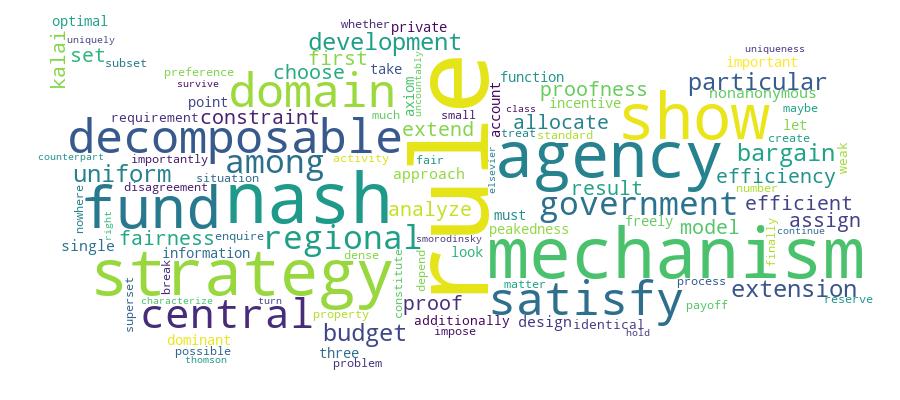This item is non-discoverable
Gürsel Tapkı, İpek
Loading...

Profile URL
Name Variants
Gürsel Tapkı, İPek
İ.,Gürsel Tapkı
İ. Gürsel Tapkı
İpek, Gürsel Tapkı
Gursel Tapki, İPek
I.,Gursel Tapki
I. Gursel Tapki
Ipek, Gursel Tapki
Tapkı, İpek Gürsel
İ.,Gürsel Tapkı
İ. Gürsel Tapkı
İpek, Gürsel Tapkı
Gursel Tapki, İPek
I.,Gursel Tapki
I. Gursel Tapki
Ipek, Gursel Tapki
Tapkı, İpek Gürsel
Job Title
Dr. Öğr. Üyesi
Email Address
Ipek.tapkı@khas.edu.tr
Main Affiliation
International Relations
Status
Former Staff
Website
ORCID ID
Scopus Author ID
Turkish CoHE Profile ID
Google Scholar ID
WoS Researcher ID
Sustainable Development Goals
SDG data is not available

This researcher does not have a Scopus ID.

This researcher does not have a WoS ID.

Scholarly Output
2
Articles
2
Views / Downloads
11/143
Supervised MSc Theses
0
Supervised PhD Theses
0
WoS Citation Count
6
Scopus Citation Count
7
WoS h-index
2
Scopus h-index
2
Patents
0
Projects
0
WoS Citations per Publication
3.00
Scopus Citations per Publication
3.50
Open Access Source
1
Supervised Theses
0
Google Analytics Visitor Traffic
| Journal | Count |
|---|---|
| Mathematical Social Sciences | 1 |
| Review of Economic Design | 1 |
Current Page: 1 / 1
Competency Cloud


